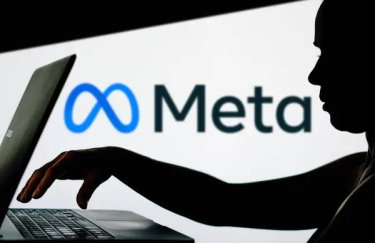
Meta and TikTok win court case against EU / Depositphotos
Meta and TikTok have won a court case against the European Commission over the methodology for calculating the supervisory fee they pay under the Digital Services Act (DSA).
As Delo.ua writes, Reuters reports this.
Under the DSA, large online platforms must pay a supervisory fee of 0.05% of their annual net revenue worldwide. This fee covers the EU's costs of monitoring their activities. The fee is calculated based on the number of monthly active users.
TikTok-owned companies Meta and ByteDance have sued the European Commission after they were imposed a supervisory fee of 0.05% of their annual net revenue worldwide to cover the EU executive's costs of monitoring their compliance with the Digital Services Act.
The annual fee is based on the average number of monthly active users for each company and whether each made a profit or loss in the previous financial year. Both companies said the methodology was flawed, leading to disproportionate fees.
Court decision
The General Court in Luxembourg agreed with the companies, stating that the methodology for calculating the levy should have been adopted through a delegated act, not through ordinary implementing decisions. This means that the European Commission violated the procedure.
The court gave regulators 12 months to correct the methodology and create a new legal framework. However, the judges ruled that the European Commission is not obliged to refund companies the fees paid for 2023 until a new legal framework is developed.
A representative of the European Commission stated that the court's decision requires “a purely formal correction of the procedure” and does not call into question the very essence of the fee or its amount.
Digital Services Act
The Digital Services Act (DSA), which came into force in November 2022, requires major tech companies such as Amazon, Apple, Google, Microsoft, X (formerly Twitter), and others to take more action against illegal and harmful content. Failure to comply could result in significant fines of up to 6% of their annual global turnover.
The court's decision is an important precedent, highlighting the need to follow due legal procedures when implementing new regulations, even if their purpose is considered justified.
Recall, the leadership of the North Atlantic Alliance officially banned employees from downloading the TikTok application to their devices, citing security reasons.





